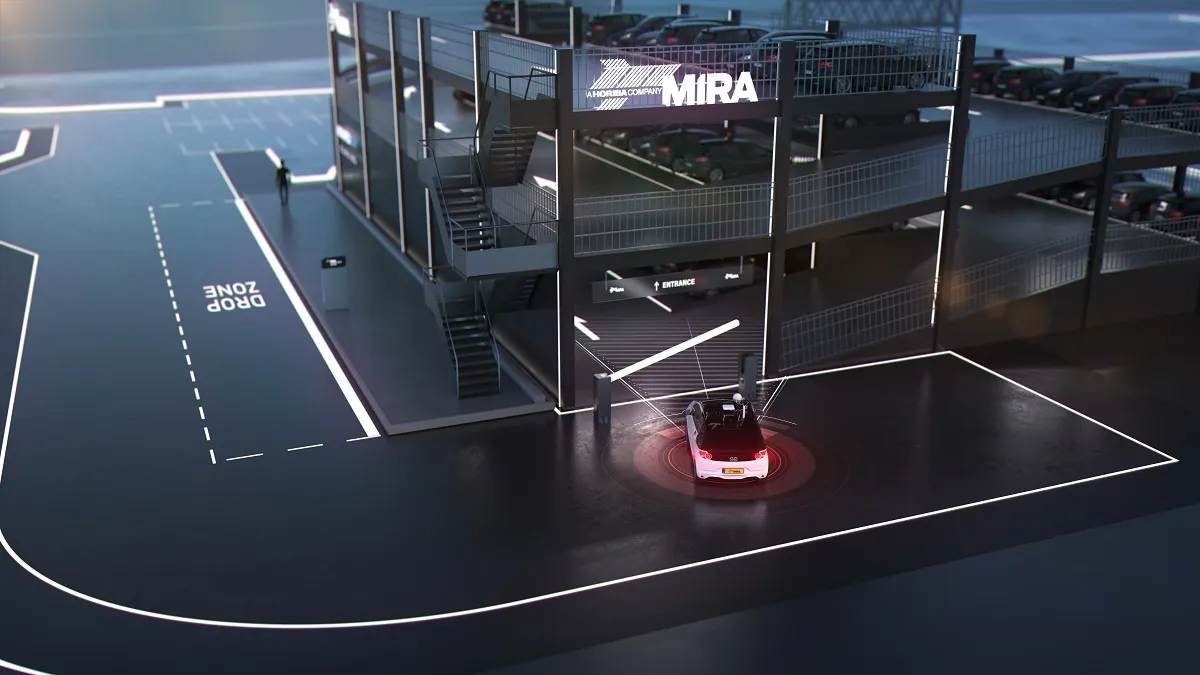Intelligent traffic systems company Siemens has begun working on its latest Connected and Autonomous Vehicles (CAV) project, in a collaborative partnership to create one of the most advanced environments for CAV technologies in the UK.
Together with nine other consortium members, the UK Connected Intelligent Transport Environment (UK CITE) project will see trials on UK roads as early as next year, following a successful application for funding from the Government’s US%$144 million (£100 million) Intelli
June 2, 2016
Read time: 2 mins
RSSIntelligent traffic systems company 189 Siemens has begun working on its latest Connected and Autonomous Vehicles (CAV) project, in a collaborative partnership to create one of the most advanced environments for CAV technologies in the UK.
Together with nine other consortium members, the UK Connected Intelligent Transport Environment (UK CITE) project will see trials on UK roads as early as next year, following a successful application for funding from the Government’s US%$144 million (£100 million) Intelligent Mobility Fund.
The project aims to enable automotive, infrastructure and service companies to trial connected vehicle technologies in real-life conditions on 40 miles of roads within Coventry and Warwickshire, using combinations of DSRC and LTE talking car technologies to compare their performance.
Siemens will develop, supply and install roadside units which will communicate with the vehicles and the traffic infrastructure. Siemens Stratos hosted traffic management system will be used as the back office for all communications to and from the vehicles. This technology will help to prove use cases that will establish how technology can improve journeys, reduce traffic congestion and provide in-vehicle entertainment and safety services through better connectivity.
The UK CITE consortium comprises leading industry, academic, local and national governmental organisations. It is jointly led by2165 Visteon Engineering Services Limited and 7998 Jaguar Land Rover and includes Coventry City Council, Coventry University, 8101 Highways England, HORIBA 4310 MIRA, 6787 Huawei Technologies (UK), Siemens, Vodafone Group Services and WMG at University of Warwick.
The first phase of the project will continue until the end of 2016 and will include the preparation of infrastructure on routes along the M40, M42, A46, and A45 – as well as an urban route in Coventry – and the preparation of a Vehicle, Systems and Gantry App, which will ensure variable roadside messages appear in-vehicle, either on the vehicle display or smartphone. Finally, pre-test trials will take place on HORIBA MIRA’s City Circuit, following which trials are likely to start on public roads as early as 2017.
Together with nine other consortium members, the UK Connected Intelligent Transport Environment (UK CITE) project will see trials on UK roads as early as next year, following a successful application for funding from the Government’s US%$144 million (£100 million) Intelligent Mobility Fund.
The project aims to enable automotive, infrastructure and service companies to trial connected vehicle technologies in real-life conditions on 40 miles of roads within Coventry and Warwickshire, using combinations of DSRC and LTE talking car technologies to compare their performance.
Siemens will develop, supply and install roadside units which will communicate with the vehicles and the traffic infrastructure. Siemens Stratos hosted traffic management system will be used as the back office for all communications to and from the vehicles. This technology will help to prove use cases that will establish how technology can improve journeys, reduce traffic congestion and provide in-vehicle entertainment and safety services through better connectivity.
The UK CITE consortium comprises leading industry, academic, local and national governmental organisations. It is jointly led by
The first phase of the project will continue until the end of 2016 and will include the preparation of infrastructure on routes along the M40, M42, A46, and A45 – as well as an urban route in Coventry – and the preparation of a Vehicle, Systems and Gantry App, which will ensure variable roadside messages appear in-vehicle, either on the vehicle display or smartphone. Finally, pre-test trials will take place on HORIBA MIRA’s City Circuit, following which trials are likely to start on public roads as early as 2017.








